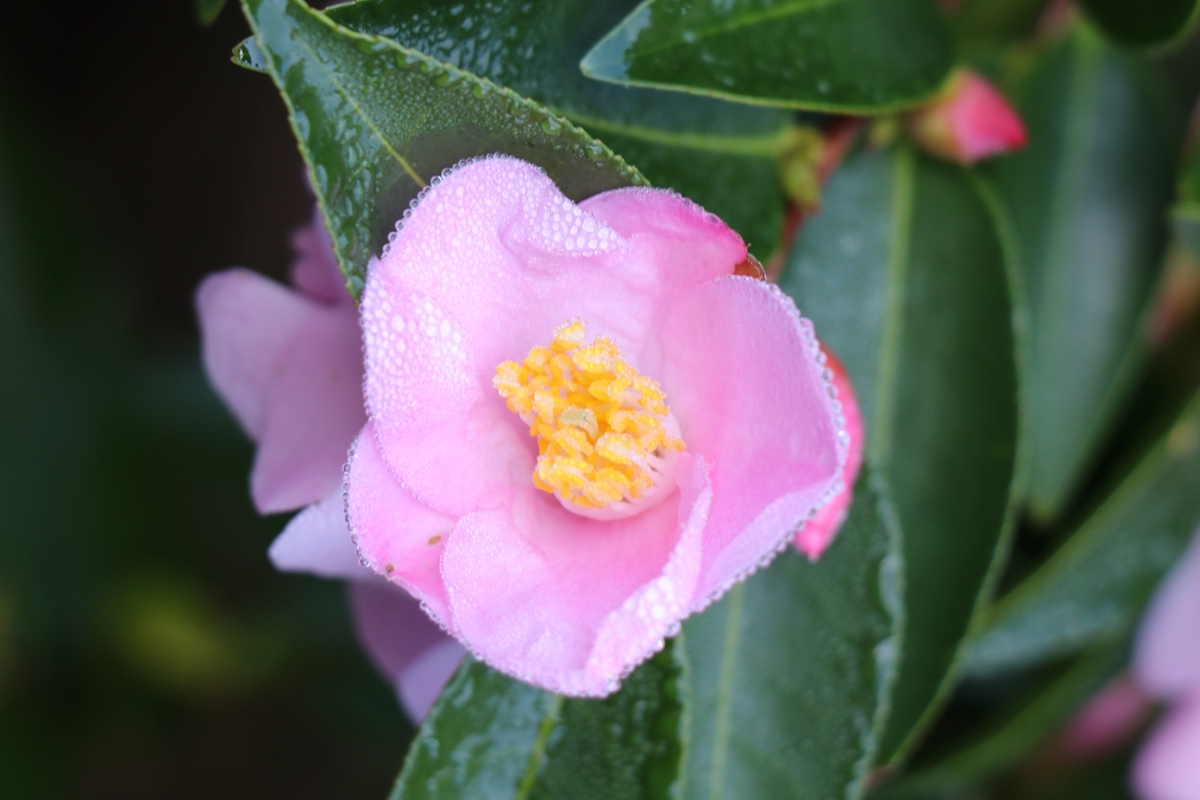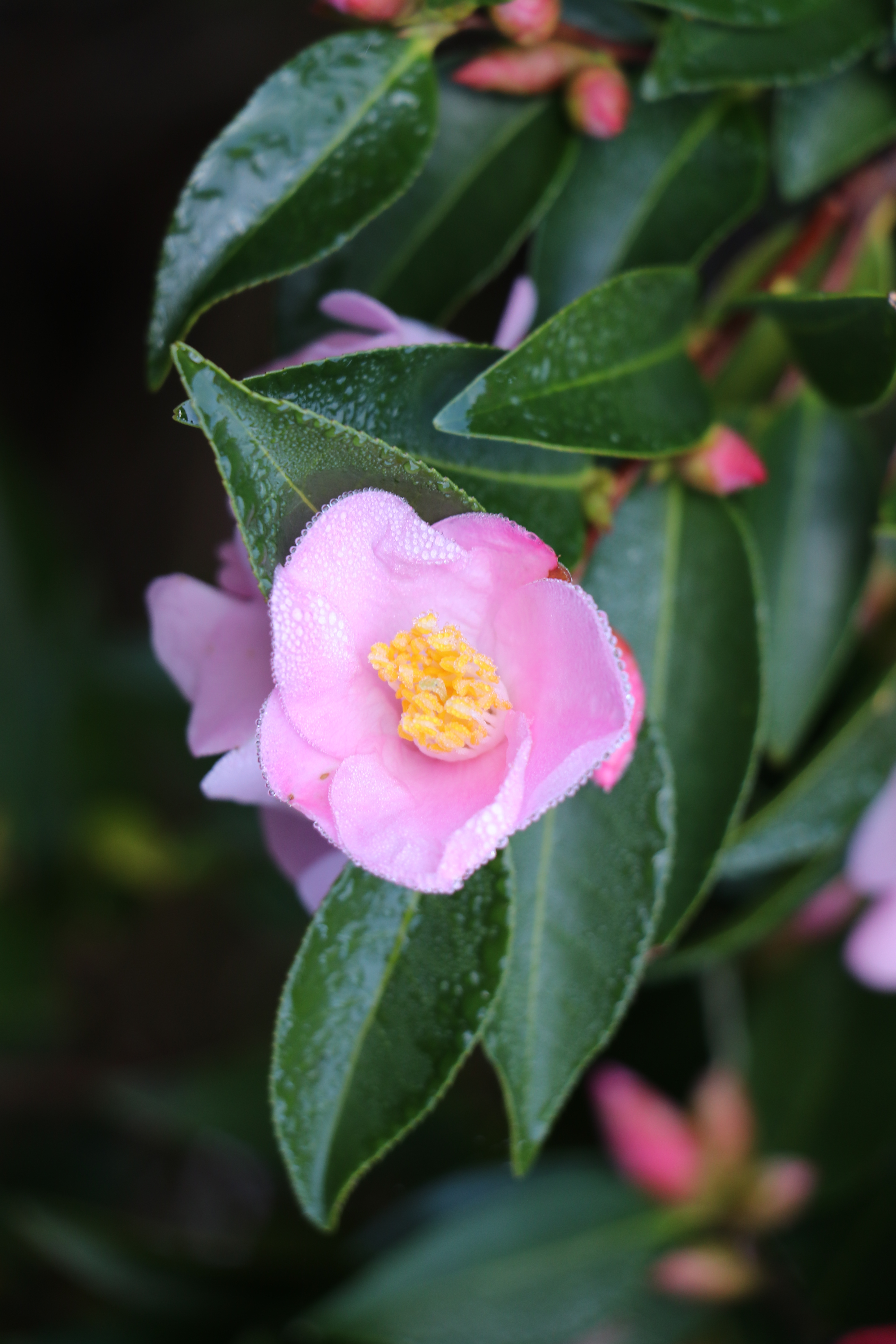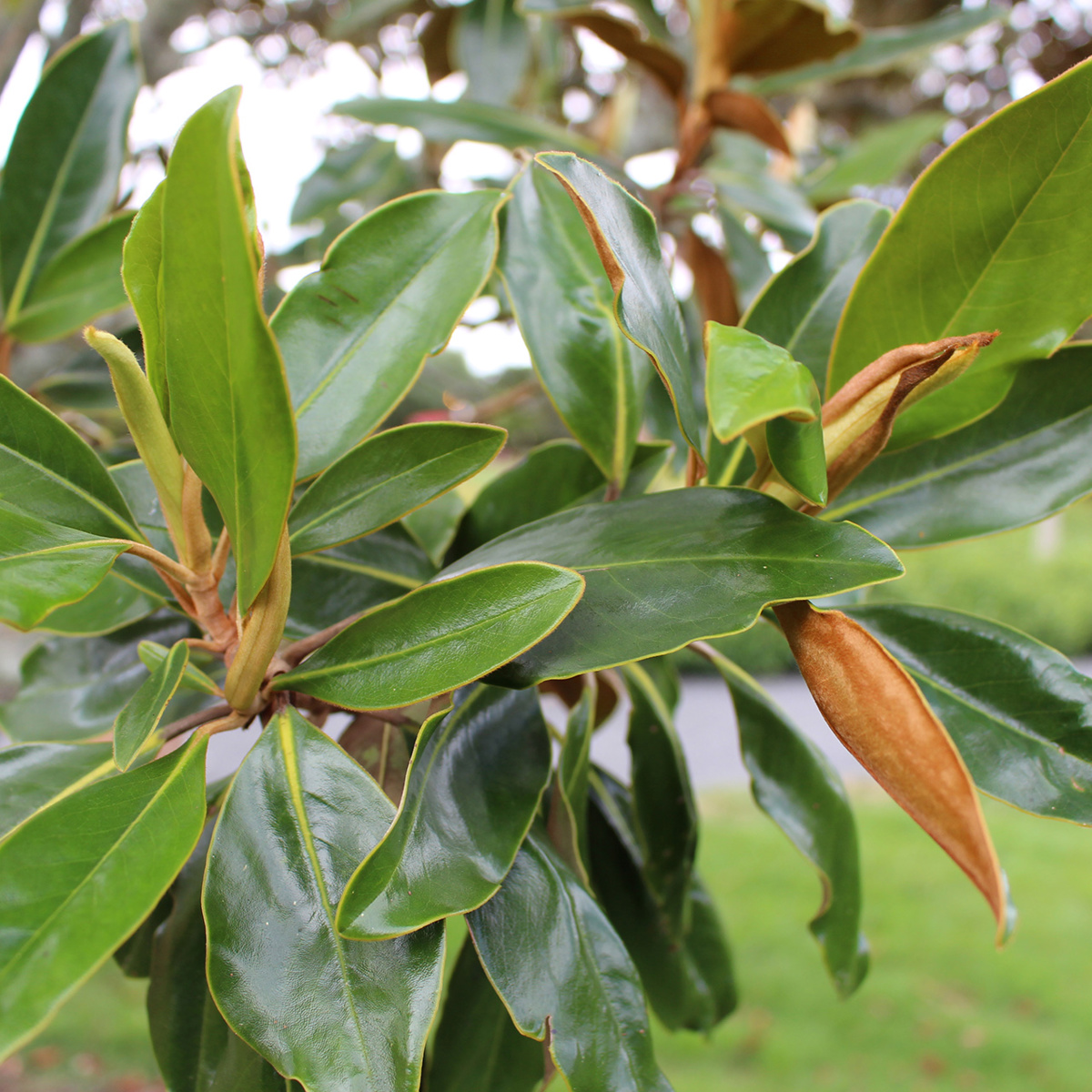Physical characteristics
A spreading,
Flowers and foliage
A bright
Preferred site
Best planted in partial shade but will happily tolerate more sun than most. Best in moist but well-drained acidic soil.
Maintenance tips
Mulch well in spring and water thoroughly during
Pests and diseases
Check
Location at Auckland Botanic Gardens
Camellia Garden




.jpg?width=1200&height=1200&v=1d4024dceb89e50)

.jpg?width=1200&height=1200&v=1d5569224d63650)
 .jpg?width=1200&height=1200&v=1d4024df6ce2770)
.jpg?width=1200&height=1200&v=1d55676a892f2b0)
 .jpg?width=1200&height=1200&v=1d4024e3b65f7f0)